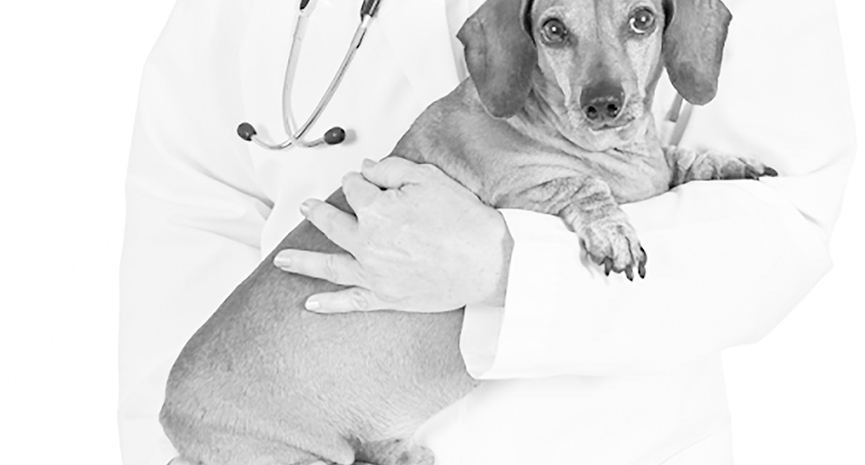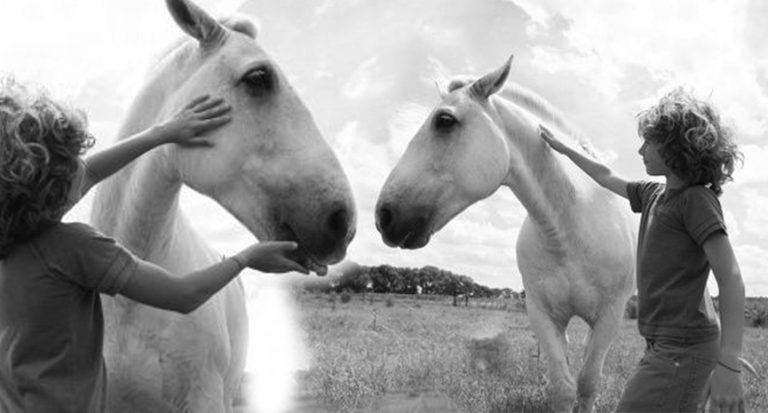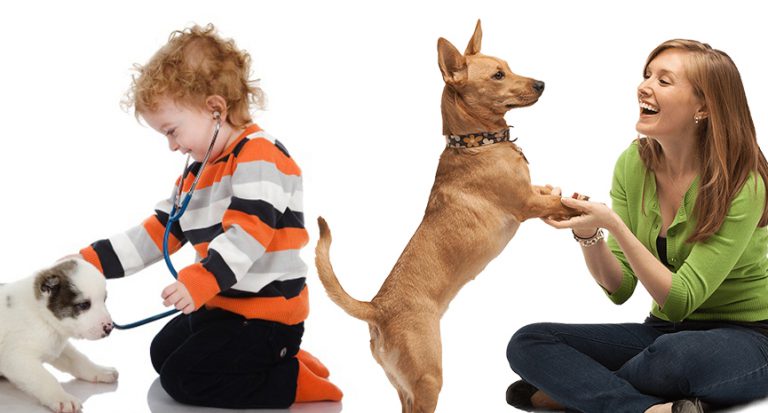Pets often arrive at the vet clinic in a state of duress, seriously ill or injured. Doubly so in an emergency situation. The animal is in all likelihood suffering, in pain, anxious, frightened and/or confused; it is vital that your veterinarian has as much historical information as possible.
When your pet needs medical attention
To establish an animal’s history the vet often must rely on the pet owners recall ability, which may be vague and veterinarians depend on the physical exam and diagnostic testing to do a patient workup. Remember pet patients themselves are unable to communicate so baseline information and blood chemistry profiles are critical support tools.
Proactive Strategy
Have a healthcare plan in place. As a pet owner your daily observations contribute valuable information that helps your veterinarian establish a patient’s baseline history. This information, along with early detection, creates the best possible opportunity for treating conditions and diseases successfully.
One of the challenges facing veterinarians is the sheer number of different species, especially in birds & exotics and many of those species are vulnerable to specific diseases. Birds, perhaps even more so than cats and dogs, need regular veterinary examinations. Unlike cats and dogs, which are petted and handled on a regular basis, many birds are not directly handled by their owners, and they often conceal disease until they are very sick. An experienced avian veterinarian should teach owners preventative health care, starting at the very first veterinary visit.





